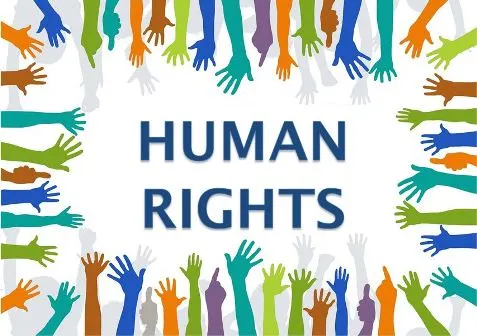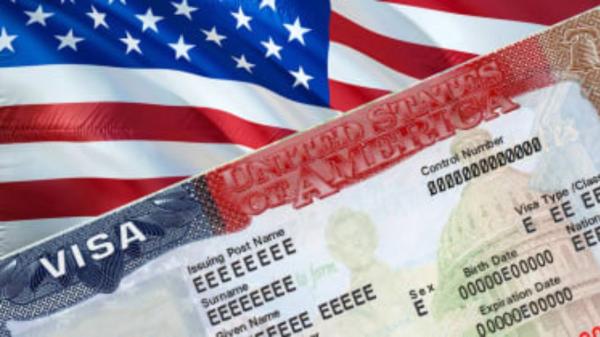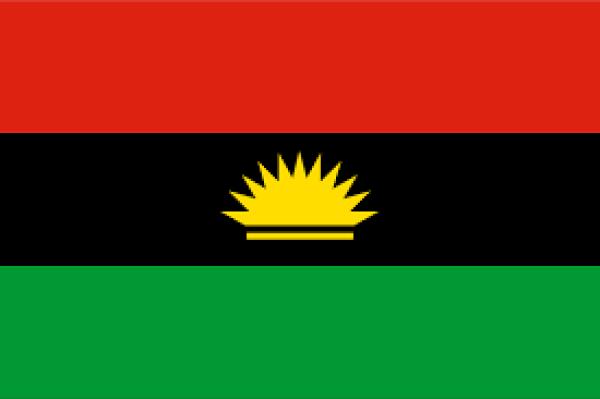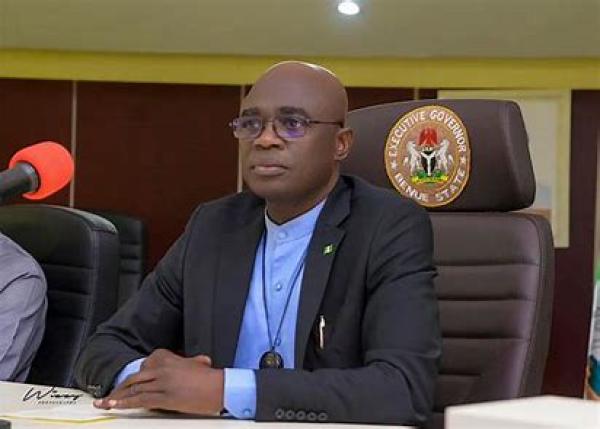
Human rights’ protection is a matter of global concern. Every government in the world tries to do the much it can to ensure that those rights are respected. Human rights is a crucial part of democracy, which almost every nation in the world clamours for.
Since the Universal Declaration of Human Rights on December 10, 1948, in Paris, the United Nations has always been keen on ensuring that governments of the member states protect those rights. The declaration led to the adoption of human rights’ treaties. Article 2 of the declaration states that everyone is entitled to all the rights and freedom of the declaration.
In that regard, after the formation of the Organisation of Africa Unity (OAU) which later paved the way for the African Union (AU), there was a need to create the African Commission on Human and Peoples’ Rights. African Charter on Human and Peoples’ Rights established the African Commission on Human and Peoples’ Rights ACHPR). The commission was inaugurated on 2nd November, 1987, in Addis Ababa, Ethiopia. The commission’s secretariat has subsequently been moved to Banjul, in the Gambia.
In addition to performing any other tasks, which may be entrusted to it by the Assembly of Heads of State and Government, the commission is officially charged with three major functions, which include protection of human and peoples' right, promotion of human and peoples' right and interpretation of the African Charter on Human and Peoples' Rights. Prior to the establishment of the commission, the OAU/AU had earlier adopted October 21 to mark her Regional Human Rights Day. The adoption took effect on the day in 1986.
Today, October 21, 2022, is another day to remember the rights of Africans, as contained in the continent’s Charter on Human and Peoples’ Rights and how the governments in the continent have shown commitment to them. In a research report titled, “The Human Rights Situation in Sub-Saharan Africa: Progress, Violations and Remaining Challenges in Times of Pandemic”, published last year, 2021, Josep Maria Royo, Celia Murias Morcillo and Iván Navarro Millán accused African governments of two major reasons for failure to comply with human rights agreements. The first is that they show lack of commitment to treaties while the second is that they fail to comply with the rulings of the regional human rights’ bodies.
Same report indicted many countries in the continent in various areas of peoples’ rights violations. Some of them include dehumanisation of women and neglect of their rights, violation of rights in electoral processes, violations in situations of unrest, violence and repression by security agencies, repression of social movements and human rights’ campaigns, repression of freedom of expression and the press, among others. Several countries were indicted by the report, including Nigeria, Niger, Somalia, Uganda, just to name a few.
Meanwhile, the African Union has announced several events lined up to mark this year’s continental Human Rights celebrations. The events will run till November 9. While it is a commendable move to have the continent fix a date for human rights, as well as have lots of activities to commemorate it, it is not enough to celebrate without its impact being felt by an average citizen of any of the countries in the continent. More efforts need to be put in to ensure that people are not deprived of their rights, as the Universal Declaration of Human Rights has stated.






















